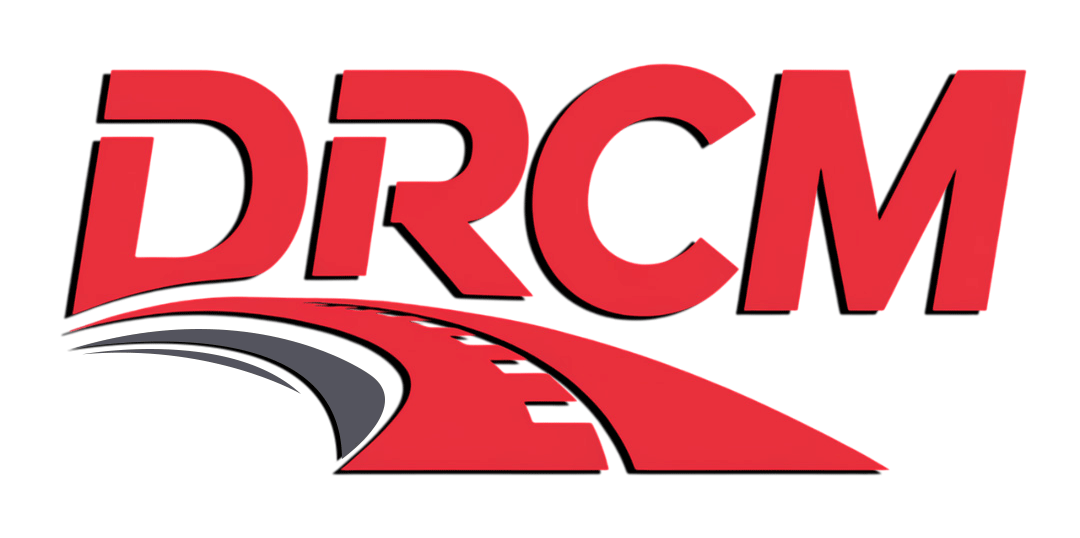What is Less-than-Truckload (LTL)
Less-than-Truckload (LTL) shipping is a popular freight option for businesses that need to transport smaller quantities of goods that don’t require a full truckload. This method consolidates shipments from multiple customers into a single truck, optimizing space and reducing costs. Despite these advantages, LTL shipping can come with challenges, such as longer transit times due to multiple stops and handling.
To maximize the benefits of LTL shipping, businesses should ensure proper packaging to protect goods during transit and choose reliable carriers with a strong network and service track record. Overall, LTL is a strategic choice for businesses seeking cost-efficient and flexible shipping solutions for smaller freight volumes.
- Cost-Effectiveness : Since multiple shipments share the same truck, shippers only pay for the portion of the truck space they use, making it more economical than booking an entire truck.
- Flexibility : LTL provides a flexible solution for businesses with varying shipment sizes and frequencies, accommodating anything from small packages to large pallets.
- Reduced Environmental Impact : By consolidating multiple shipments, LTL reduces the number of trucks on the road, lowering fuel consumption and emissions.
- Enhanced Tracking : Many LTL carriers offer advanced tracking systems, providing real-time updates on the shipment’s location and estimated delivery time.
- Access to Additional Services : LTL carriers often offer value-added services such as lift gate delivery, inside pickup and delivery, and expedited shipping options, catering to diverse customer needs.





